This book is an extended Goddard's case study for the inheritance of "feeble-mindedness", a general category referring to a variety of mental disabilities including intellectual disability, learning disabilities, and mental illness. He concluded that a variety of mental traits were hereditary and that society should limit reproduction by people possessing these traits. The name Kallikak is a pseudonym used as a family name throughout the book, coined from the Greek words καλός (kallos) meaning good and κακός (kakos) meaning bad. In its day, "The Kallikak Family" was a tremendous success and went through multiple printings. It helped propel Goddard to the status of one of the nation's top experts in using psychology in policy, and along with the work of Charles B. Davenport and Madison Grant is considered one of the canonical works of early 20th-century American eugenics.
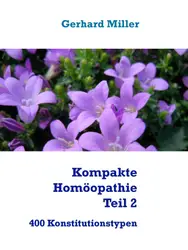
Kompakte Homöopathie Teil 2
Gerhard Miller
book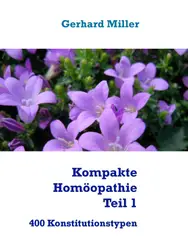
Kompakte Homöopathie Teil 1
Gerhard Miller
book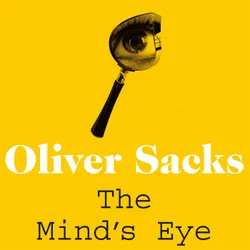
The Mind's Eye
Oliver Sacks
audiobook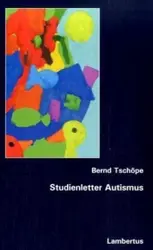
Studienletter Autismus
Bernd Tschöpe
book
Autismus
Jolan Rieger
book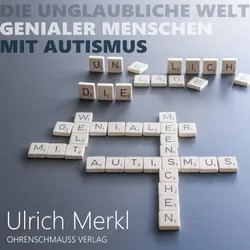
Die unglaubliche Welt genialer Menschen mit Autismus
Ulrich Merkl
audiobookbook
Seid ihr noch ganz bei Trost! - Schluss mit Sprachpolizei und Bürokraten-Terror (Ungekürzt)
Peter Hahne
audiobook
Ich liebe dich! Ich schlag dich tot!
Nicole Diercks
book
Ich möchte lieber nicht : Eine Rebellion gegen den Terror des Positiven
Juliane Marie Schreiber
audiobook
Das neue Dschungelbuch
Rudyard Kipling
book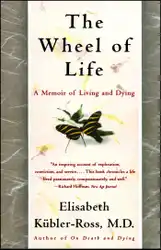
The Wheel of Life
Elisabeth Kübler-Ross
book
Von singenden Mäusen und quietschenden Elefanten : Wie Tiere kommunizieren und was wir lernen, wenn wir ihnen wirklich zuhören
Angela Stöger
book


